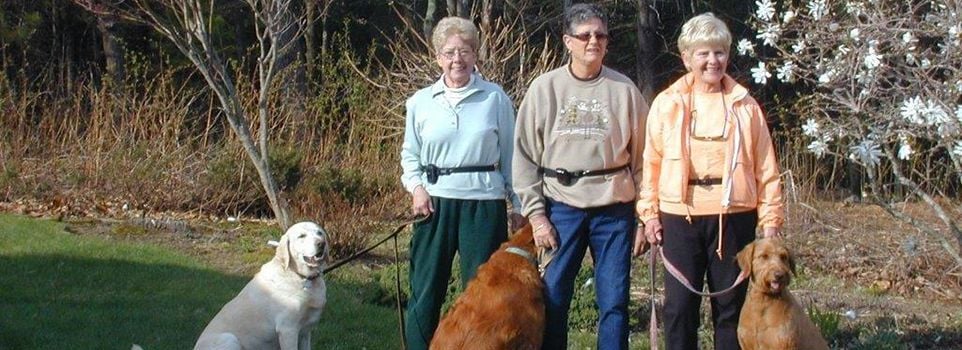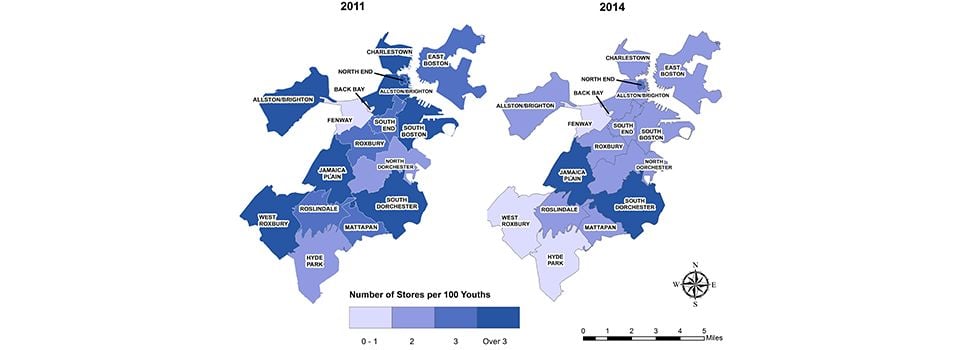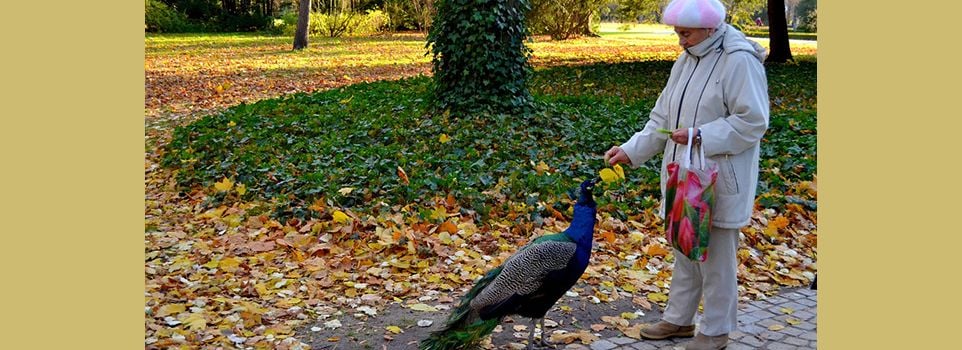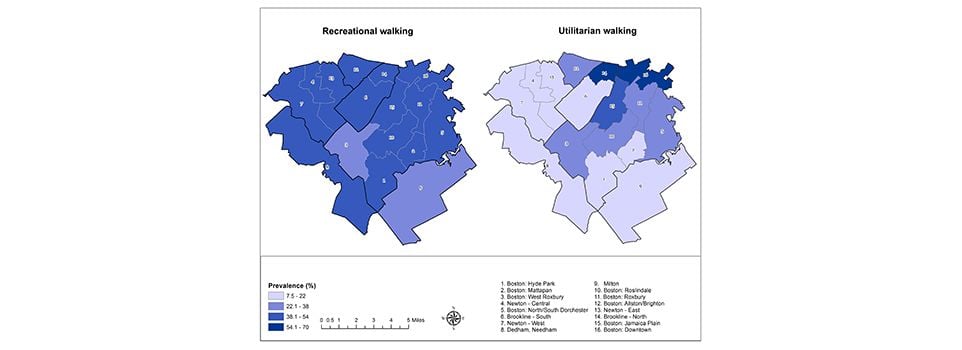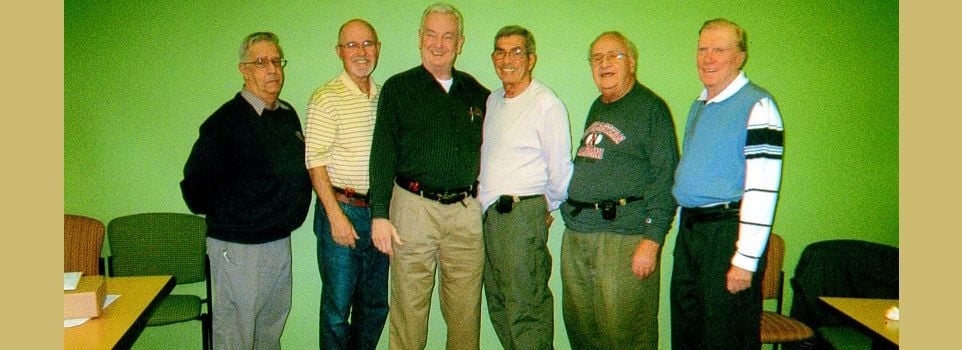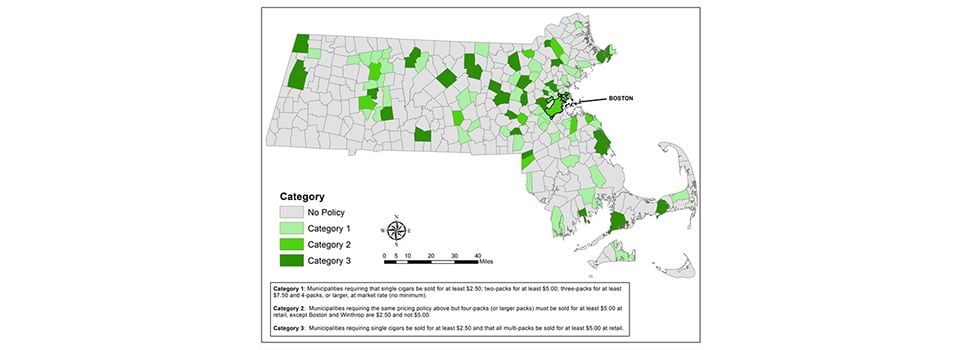Welcome to The Health Statistics and Geography Lab
The Health Statistics and Geography Lab is a research unit within the Division of Preventive and Behavioral Medicine, UMass Chan Medical School. Our lab was established in 2008 by Dr. Wenjun Li to host federally- and state-funded studies on community social and built environmental influences on health, health behaviors and health care. Our lab has substantial experience and well-published in research on aging, healthy eating and active living in older age, epidemiology and prevention of falls and fall injuries, traumatic injuries, total joint replacement surgeries and outcomes research, cardiovascular diseases, arthritis, physical disabilities, obesity, tobacco use and socioeconomic, racial and sex disparities in these behaviors or diseases. Our lab has grown its roots into local communities and established multiple academic-community-government partnerships. Besides serving multiple large-scale federally funded clinical and population health studies, our lab provides biostatistical and geographic analysis support to evaluations of statewide public health programs and initiatives.
Our lab currently has 7 FTE informatics and biostatistics staff with diverse expertise, and is capable of supporting complex large scale studies and providing biostatistical and geographic services to public health practice and research organizations, within and beyond the university boundaries. We welcome you to collaborate with us to improve the health of our population.

Our lab consists of a team of passionate and talented clinical and public health workers with diverse research expertise and experiences. Our work has been well-published in research on aging, health behaviors, obesity and obesogenic behaviors, cardiovascular diseases, musculoskeletal health, epidemiology and prevention of falls and fall injuries, health services, physical activity and nutrition in older age, and evaluation of local public health laws. Our work has informed public health practice and policy decisions at both the state and local levels.
Our lab has substantial expertise in: 1) design and analysis of large scale clinical registries, cohort studies on healthy aging, and randomized clinical trials; 2) analyzing personal and community-level influences on important health outcomes and behaviors, such as tobacco use, obesity, physical activity, dietary intake, physical disabilities, fall injuries and health care utilizations and costs using existing and prospectively collected data from large observational cohort studies and governmental health-related databases; 3) developing instruments and conducting field data collection for objectively assessing community walking and nutrition environment, including the Older Pedestrian Environment Survey (OPES) and Community Nutrition Environment Evaluation Data Systems (C-NEEDS); 4) deriving community-level socioeconomic and built environment data from U.S. Census and other publically available databases; 5) generating and disseminating community-level health statistics using small area estimation models to assist public health agencies prioritize public health preventions; 6) applications of GIS and spatial analysis in public health research; and 7) statistical evaluation of local and statewide public health laws and regulations (e.g., childhood obesity control in public schools, tobacco control through local public health laws and regulations, impact of health care reform on trauma patients and outcomes), and statewide worksite wellness programs.
Members of our lab are creative and committed public health researchers who care deeply about the communities we serve. We welcome new opportunities for generating actionable information to inform public health practice and policies, and contributing to the improvement in community health in Massachusetts and beyond.
UMass Chan public health expert lauds success of cigar sales restrictions
UMass Chan tobacco prevention experts encouraged by FDA regulations on
e-cigarettes
Smoking cessation specialists keep pressing to raise purchase age to 21
New study by UMass Chan shows Boston has reduced youth access to flavored cigars
Study finds racial differences in eating patterns and food purchases among urban older women

